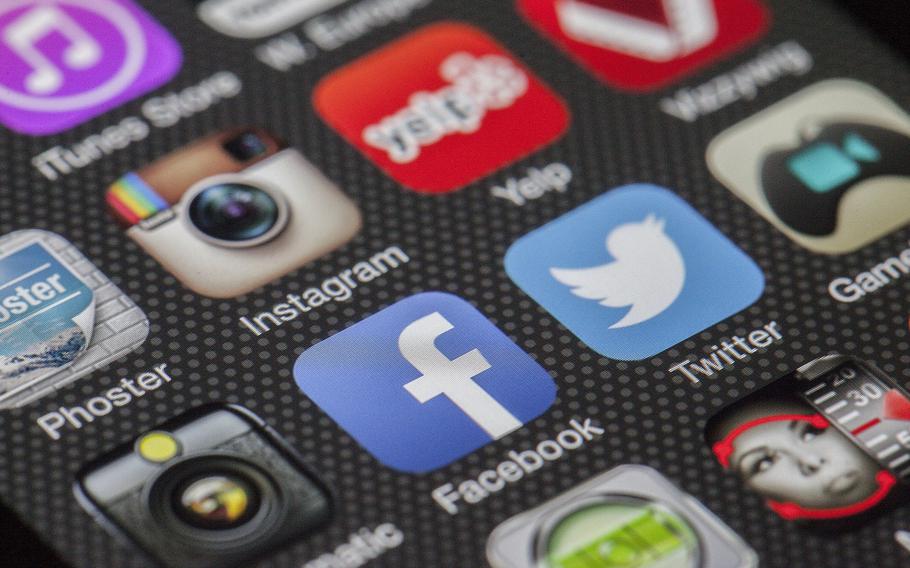
The Army has barred its personnel from using their personal accounts to transmit Department of Defense information or express official DOD positions. (Thomas Ulrich/Pixabay)
The Army acted recently to tighten its regulations on soldiers’ use of personal social media to move official Army messages.
An All Army Activities message, or ALARACT, on Oct. 27 bars Defense Department personnel from using their personal accounts to transmit DOD information or express official DOD positions.
“Using one's rank in a personal setting to generate followers uses the pedestal we place the military on for personal fame and gain,” Carrie Lee, an associate professor at the Army War College, said on Twitter on Oct. 31. “New DOD regs say that you can't use your rank and service in byline... this is GOOD! It creates a separation between the person and the office.”
The Army message follows a Washington Post report in September that the Pentagon ordered a widespread audit of how it conducts clandestine information warfare after social media platforms like Facebook and Twitter removed suspected, clandestine military accounts run in violation of platform rules.
Military commands engaged in psychological operations online were ordered to provide a full accounting of their activities by October after mounting concerns over DOD’s attempted manipulation of audiences overseas, the Post reported Sept. 19, citing unnamed defense and administration officials.
The Oct. 27 instruction clarified an August order on the types of information troops may share on their personal accounts, and on which accounts Army officials may post from.
DOD military and civilian personnel should “use official social media accounts to best advance the mission of the U.S. military and further instill trust in the credibility of the DoD,” according to the Oct. 27 message.
The instruction “reiterates and reinforces” DOD guidance on a variety of social media topics, including “new and emerging platforms, official account types, capturing social media, transparency, and misuse of position,” Army spokesman Bryce Dubee told Stars and Stripes by email Nov. 8.
The Army is responsible for training its social media managers and personnel on the appropriate use of personal and official social media accounts. It prohibits the “use of official position or public office for private gain, endorsement of any product, service, or enterprise, or the private gain of friends, relatives, or other acquaintances,” the policy states.